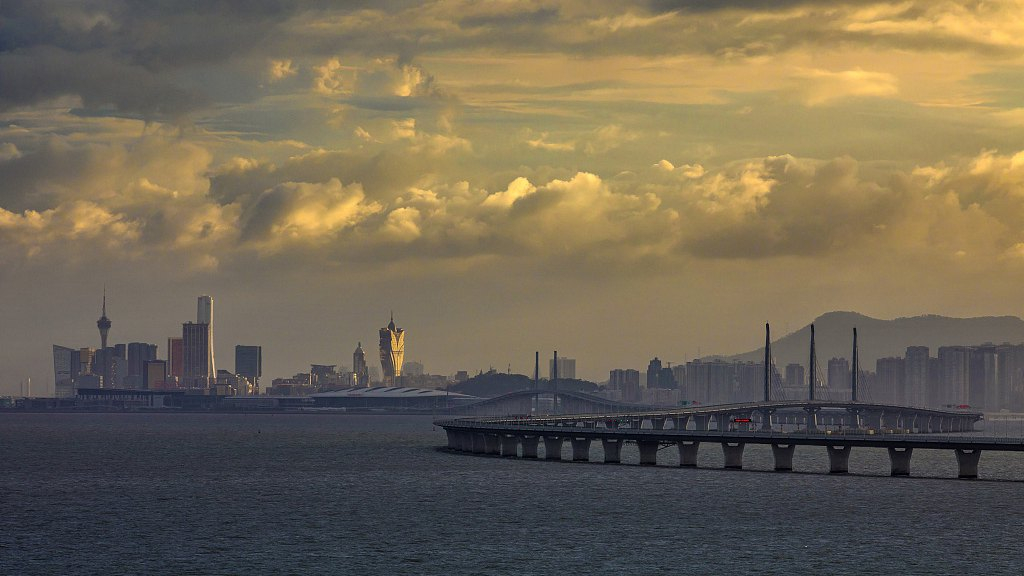Young business people from Hong Kong and Macao are looking to seize opportunities in the Guangdong-Hong Kong-Macao Greater Bay Area (GBA).
After finishing university in Hong Kong in 2008, Ma Chuli from Hong Kong chose to work in Shenzhen in Guangdong Province. Ma, then 25, took over the printing factory founded by his father in the Chinese mainland. However, with the rapid development of the economy, cut-throat competition threatened the survival of the traditional printing industry.
Having learned the government was looking to develop the cultural and creative industries, this ambitious young man moved into this sector by taking up the position of general manager of Lijia Creative Cultural Industrial Park.

In 2017, Ma extended his business blueprint to Dongguan by setting up a creative industrial park covering 100,000 square meters. Nearly 50 outstanding enterprises soon moved into the park.
"It's obvious the Greater Bay Area policy benefits the development of Hong Kong. We channel global resources to Shenzhen to develop a platform centering on design via Hong Kong, and then radiate to the industry chain of Pearl River Delta," according to Ma.
Yang Guanjie, a 30-year-old furniture designer as well as founder of a decoration design studio, found his inspiration in GBA through the integration of different cultures.
He followed his parents as a child from Hong Kong to the mainland, attending elementary and junior high school in Shenzhen, and returned to Hong Kong for high school before going to the UK for higher education.
"Factories in Guangdong Province are very favorable in making furniture, which can meet my demands," he said.
According to Yang, the studio co-founded with his mainland partners has attracted many customers, while he also directly provides ideas to design companies.
"Youths from Hong Kong and Macao can cooperate well with young people in the mainland," he reckoned, hoping there will be more exchanges and the government can provide platforms or resources for young Hong Kong and Macao residents to access the mainland more easily.